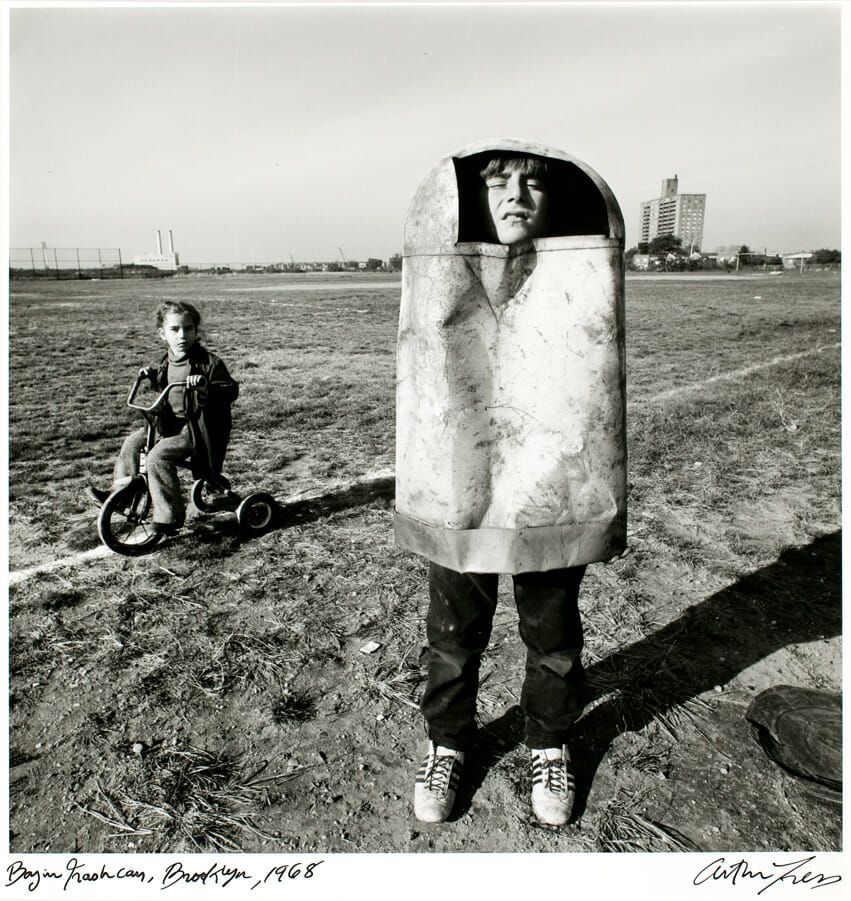
Dibur, Stanford University’s Comparative Literature Journal, is calling for contributions for its December 2024 - January 2025 double issue. You will find below a description of the issue’s theme as well as submission instructions. We will receive 250-word abstracts and a short bio until June 10. The deadline for submitting the accepted article for peer review is September 1st, 2024.
Issue Editors :
Olga Nedvyga (Assistant Professor, Hispanic Studies, University of Montreal)
Victoria Zurita (Visiting Assistant Professor, Comparative Literature, University of Montreal)
—
The Locations of Value
Literary texts are objects of value ascription. We judge them, estimate their worth through sales, prizes, and canons, and become personally attached to them (Felski 2020). They are also a medium through which writers elaborate and express a wide array of evaluations at the meeting point of aesthetics, politics, and ethics. While all of this seems obvious enough, we believe there is room to interrogate the literary text’s ambiguous status as a vehicle for capital distribution (in Bourdieu’s extended sense of the term), individual judgment, and as complex devices for axiological position-taking, texts being representational and material spaces that make salient the intricacies of adjudicating goodness and badness, wrongness and rightness — all while taking a stand. Calling, for example, a literary work humanistic or nihilistic, optimistic or pessimistic, progressive or reactionary is an acknowledgment of the normative distinctions it draws.
Literary critics often make assumptions about the locations of value: in the text that encodes ideology or stands out for the perfection of its craft; in the reader who is cognitively and affectively activated by her textual encounters; in the realm of discourse which exacts acquiescence, ensures consensus but also opens itself to disruption and resignification; finally, in the institutions that regulate and set the standards for literary production and circulation, including markets. These assumptions, in turn, entail a determinate understanding of the relationship between literature — and cultural production more broadly — and the social. They also imply a vision of the aims of literary studies and criticism. This issue centers on the multiple dimensions of value as they manifest in the production, consumption, and study of literature. It does so by bringing together pieces that mobilize a variety of approaches: Marxist criticism, sociology of literature, philosophy and literature, new materialisms, and cultural studies. By juxtaposing these approaches, our goal is to make explicit the assumptions about the locations of value and to examine interactions between different dimensions of value ascription, dimensions that are often kept separate by how each of these approaches individuate literary phenomena.
There is no single discipline in charge of studying “value(s).” Rather, several fields in the humanities and social sciences (economics, sociology, anthropology, philosophy, history, etc.) conceptualize in their own way the activities that determine it. Further, the professionalization of literary studies has traditionally required the relinquishing of questions of value to literary critics, while scholars have been defined by their aptitude to produce interpretation according to various theoretical frameworks (Herrnstein Smith 1988). Thus, another goal of this issue is to offer a cartography of value and articulate disciplinary intersections based on the ubiquitous fact of evaluation. In a similar vein, we have also decided to invite pieces that study other media, in keeping with Dibur’s tradition of establishing dialogues between literature and other creative practices.
The deadline for submitting articles is September 1. All submissions to Dibur are subject to a peer review process. Articles for submission must be previously unpublished and in English (We can help with translations). They should be no longer than 15 to 20 pages.
Image Copyright: Arthur Tress, “Boy in Trash Can, Brooklyn,” 1968